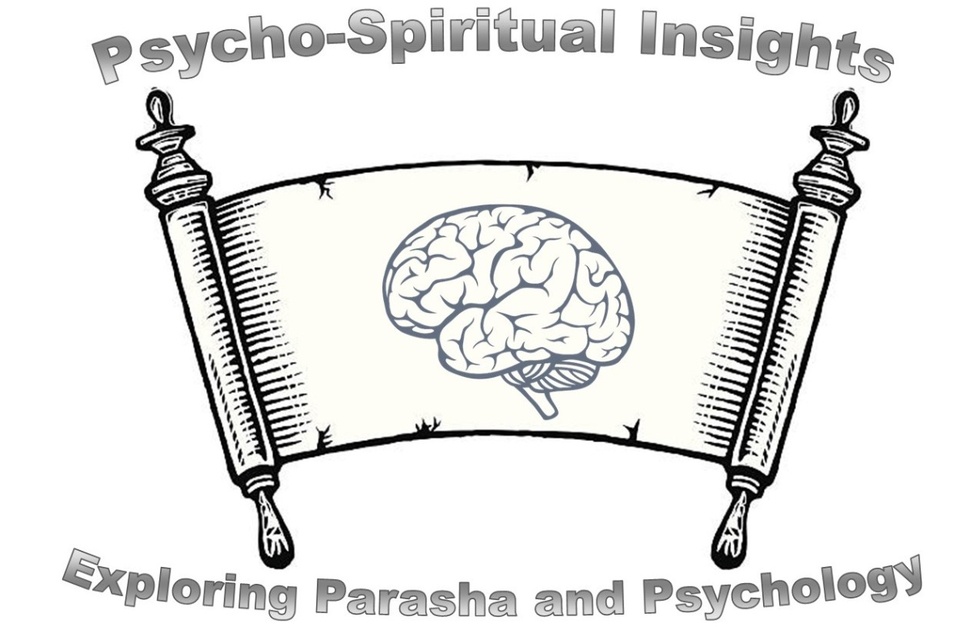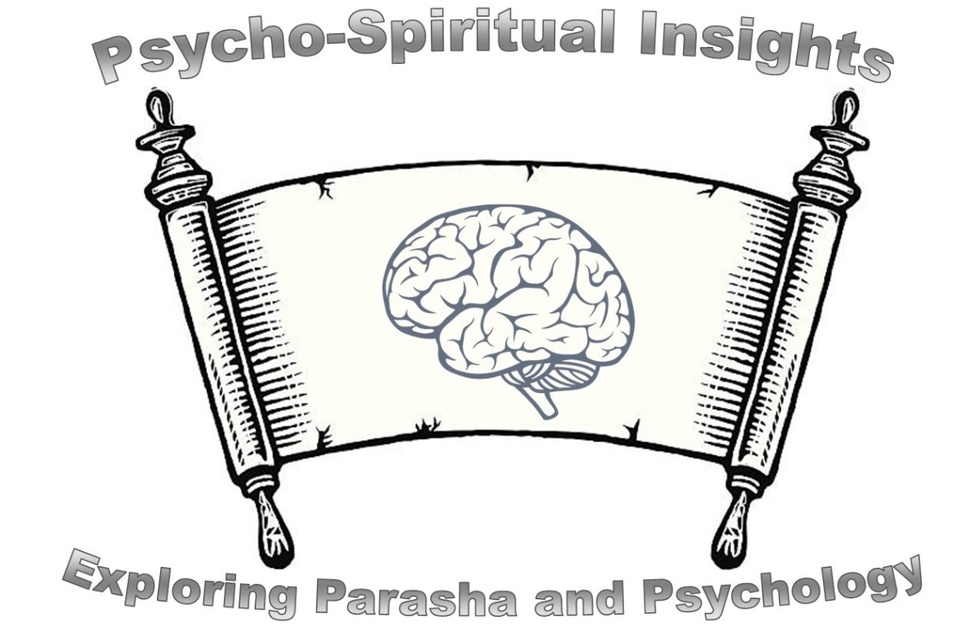
Parshat Pekudei, the culmination of Sefer Shemot, provides a fitting backdrop to explore the psychological concept of mastery. In this Parsha, we read about the meticulous construction of the Kaylim and Mishkan, the sanctuary that served as a dwelling place for Hashem during their journey in the midbar. At first glance, the detailed descriptions of the construction process may seem overwhelming or even tedious. However, upon deeper reflection, Parshat Pekudei offers profound insights into the importance of mastery, dedication, and excellence in our own lives.
The Mishkan was not hastily assembled; rather, it was crafted with precision and care, with each component serving a specific purpose and contributing to the overall beauty and functionality of the sanctuary. During the process the phrase “ka'asher tzivvah hashem et-mosheh – as Hashem commanded Moshe” is stated 18 times. Chazal tell us that this statement is repeated since Moshe Rabeynu followed exactly what Hashem told him to do and di not alter from the instructions. Since the instructions were followed completely, the Kaylim of the Mishkan would be eternal, never being destroyed, and everlasting. Furthermore, since Moshe Rabeynu listened directly to Hashem 18 times, we too are given the opportunity to pray 18 blessings for Hashem to listen in our Shemona Ezsre. Anything done with mastery in the name of Hashem becomes eternal.
Mastery refers to a person's sense of competence, capability, and control over their environment or specific tasks. It encompasses feelings of proficiency, skillfulness, and efficacy in managing challenges and achieving goals. Mastery is closely linked to self-esteem and self-efficacy, which are important factors in determining an individual's motivation, resilience, and overall well-being. Whether in our professional endeavors, creative pursuits, or personal growth, the concept of mastery reminds us of the importance of dedication & perseverance.
In describing all the Mitzvot, the Rambam provides a unique reason why Hashem provided us with 613 mitzvot. While many other commentators express the volume is to provide us more opportunity to gain merit, the Rambam indicates a profound insight. We have so many Mitzvot to ensure that we will be able to get one perfectly right, doing it solely for Hashem. We each individually have the opportunity to find our specific Mitzvah, that we most resonate with and perfect our mastery of it. This should not minimize or deter us from pursuit of all the Mitzvot, but rather provide us a path to perfecting our Avodat Hashem. Doing so, like Chazal say above, similar to the Kaylim, with make them everlasting. The famous artist Pablo Picasso once said, “The meaning of life is to find your gift; the purpose of life is to give it away.” Homiletically, we could say that the meaning of life is to find your mitzvah; the purpose of life is to make it eternal.
Here are three tips to enhance the concept of mastery:
- Embrace Small Wins on the Path to Mastery:
Mastery is often built incrementally. Each small step forward, each moment of success, is a building block toward a larger goal. Celebrate these small wins, as they reinforce your motivation and create a sense of momentum. Just as every detail of the Mishkan contributed to its ultimate perfection, every effort we make in our Avodat Hashem, no matter how small, brings us closer to mastery. - Align Efforts with a Higher Purpose:
True mastery is not just about skill but about infusing meaning into our actions. When we align our efforts with Hashem’s will, as Moshe Rabeynu did when following Hashem's commands precisely, we elevate our pursuits. This alignment can transform ordinary tasks into eternal achievements, reminding us that the mastery we strive for has spiritual significance. - Persevere Through Challenges with Faith:
Mastery requires perseverance, especially when progress feels slow or setbacks arise. Reflecting on the construction of the Mishkan reminds us that great accomplishments take time, patience, and unwavering commitment. By maintaining faith in the process and trusting that our efforts matter in the eyes of Hashem, we can overcome obstacles and continue our pursuit of excellence.
Parshat Pekudei teaches us that mastery is not achieved overnight; it is a journey marked by dedication, discipline, and patience. Just as Moshe Rabeynu followed Hashem’s commands completely, we too must invest time and effort in honing our skills and talents. As we reflect on Parshat Pekudei and the concept of mastery, let us strive to emulate the dedication and excellence exemplified in the construction of the Mishkan. May we approach our own pursuits with a sense of purpose and commitment, recognizing that mastery is not only a personal achievement but also a means of elevating our collective endeavors and enhancing the world around us.
Elan Javanfard, M.A., L.M.F.T. is a Consulting Psychotherapist focused on behavioral health redesign, a Professor of Psychology at Pepperdine University, & a lecturer related to Mindfulness, Evidence Based Practices, and Suicide Prevention. Elan is the author of Psycho-Spiritual Insights: Exploring Parasha & Psychology, weekly blog. He lives in Los Angeles Pico Robertson community with his wife and three children and can be reached at Elan.Javanfard@gmail.com.
 Previous
Previous

